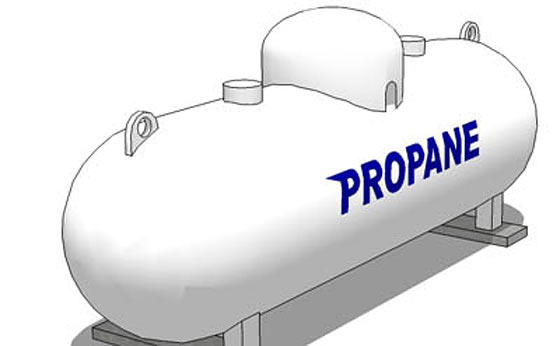HJL,
I read the article on combustible gases. You have to be very careful with the cheap conversion kits to propane for generators; almost every one of the cheap ones do not have a device to cut off the propane if the engine stops. Like loss of spark or low oil, it will keep pouring propane into the Gen set. I have been a mechanic since 1967, and these cheap kits are very dangerous. I have seen several cause explosions. – B.L.
o o o
Sir,
I just finished reading the post about different kinds of gas and saw some information I would like to correct:
Natural gas at your home is in the 4-ounce pressure range not 7 pounds. Propane used in the same way is 7-ounces.
Most propane is produced from the removal of natural gas not crude oil. Butane is also recovered in this same process.
Butane has no vapor pressure below 32 degrees Fahrenheit. This is why pure butane is no longer used for home use, as the tanks must be buried and that is not done today.
The BTU of the gases is based on the number of carbon chains in the molecule.
The orifice in the appliance must be matched to the type of gas being used. Today, this would be either natural gas or propane.
One of the uses of butane is in cigarette lighters. If you are in cold weather and it won’t light, hold it in your hand until it warms up and it will. Remember butane has no vapor pressure below 32 degrees Fahrenheit. – R.E.










